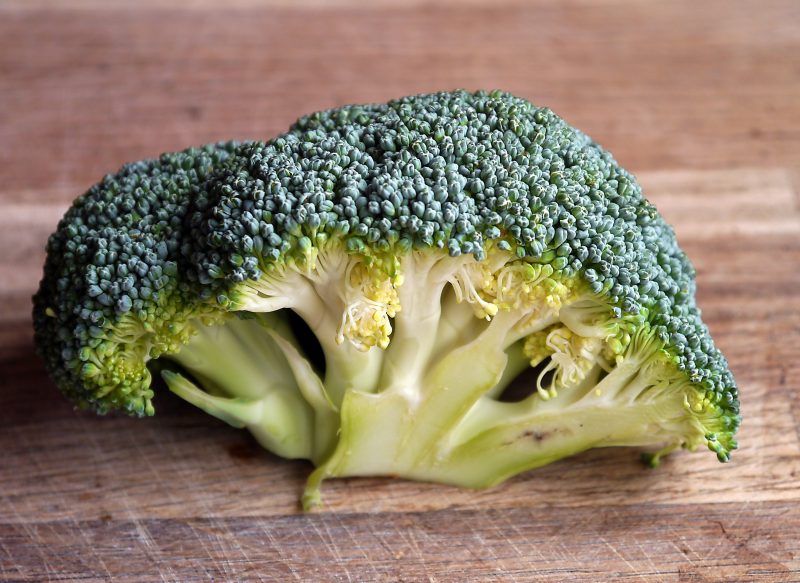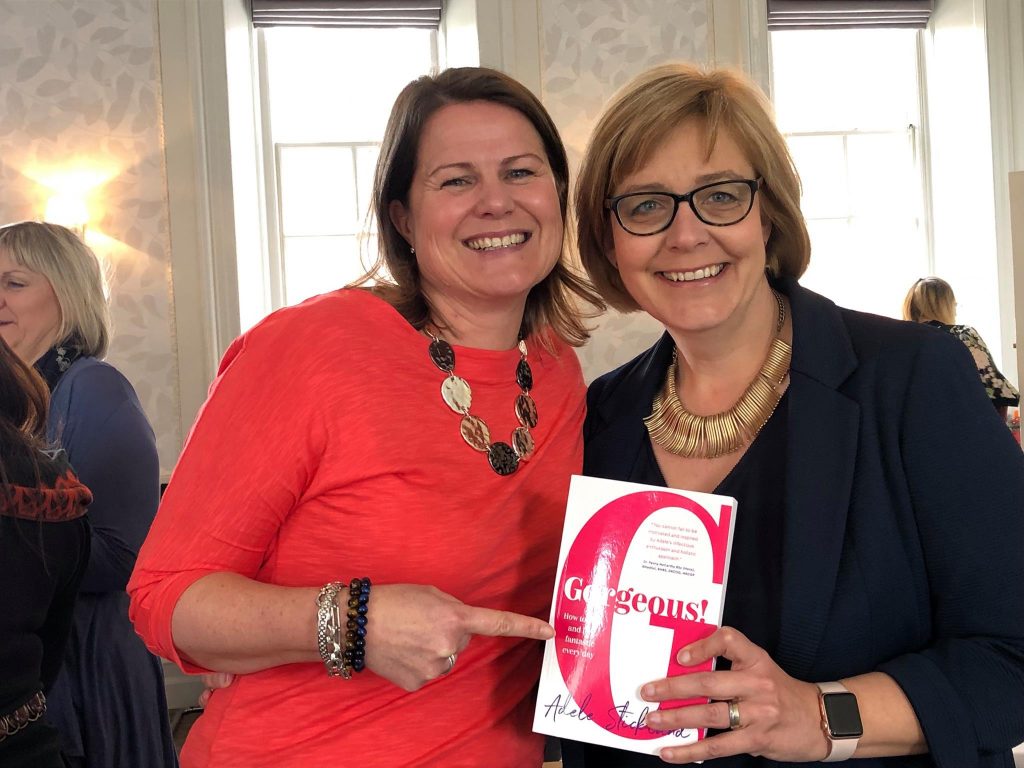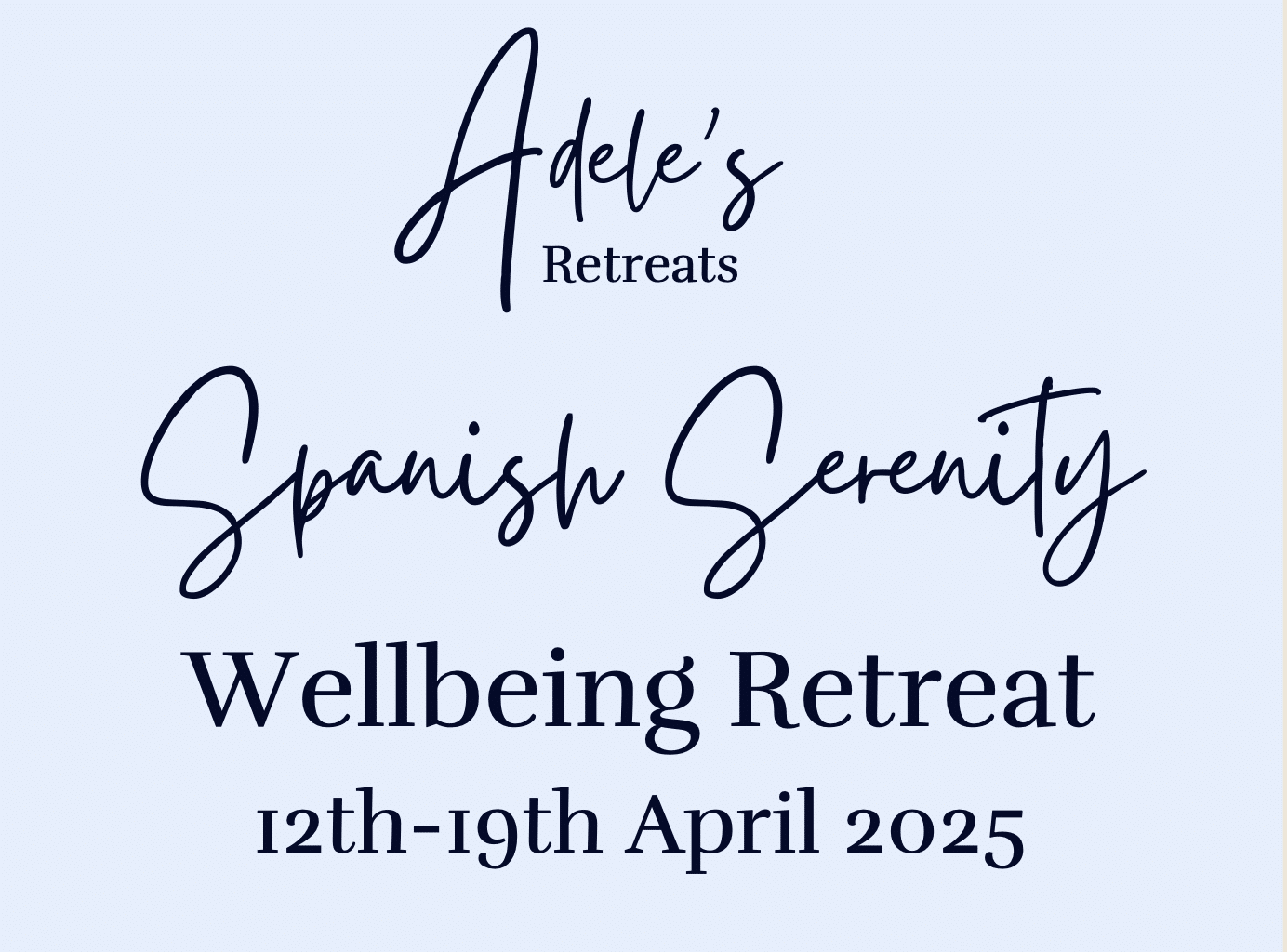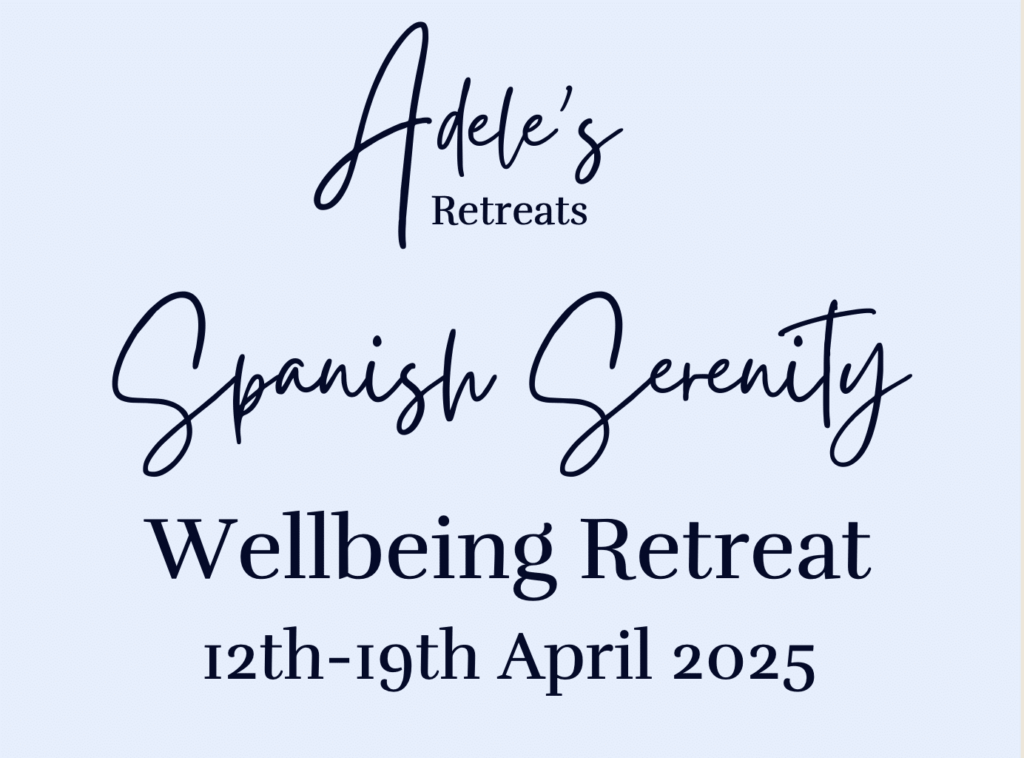Research shows that increasing your Omega 3 fats will help to prevent heart disease and stroke, it has also been linked to reducing feelings of depression and anxiety. And since depression is one of the most common mental disorders in the world it is good to know that Omega 3 fat consumption is as effective against depression as a common antidepressant drug! So how do you add more Omega 3 into your diet and how much do you need to be eating in order to benefit from this? These questions and more encouraged me to write this blog to help you to answer to the fundamental questions are you eating enough Omega 3 fat and what are they?
Depression includes symptoms include sadness, lethargy, and a general loss of interest in life. And the lesser of two evils anxiety is also a very common disorder, and it is characterized by constant worry and nervousness. When research unveiled that Omega 3 fats can alleviate the symptoms as much as an antidepressant I became very interested.
What is an Omega 3 fat?
Omega 3 fats are a group of unsaturated fats. You need to eat them to stay healthy – they are found in foods, such as fish and flaxseed, and in dietary supplements, such as fish oil
Eating enough Omega 3 can be as easy as eating at least two servings a week of fatty fish.
Fatty fish such as salmon, tuna, or herring will be enough to increase your Omega 3, but what if you don’t like fish or are looking for an alternative this blog will outline some other sources for you.
Next question: are you currently taking on board enough Omega 3 foods?
Are you eating enough Omega 3 rich foods?
A lack of Omega 3 fatty acid in your diet can cause over-activation of your inflammatory system. Omega 3 fats are the anti-inflammatory fats and Omega 6 are inflammatory.
The Omega fats work in tangent with each other:
-
- Omega 6 produce inflammatory messages to the body whilst
- Omega 3 produces anti-inflammatory messaging molecules.
These fatty acids, therefore, have a carefully balanced role in your body.
Why do you need inflammation?
Once clients understand the symbiotic relationship between the Omega fats the next burning question I get asked is why do you need anything in your body that is going to increase inflammation. When most of the population are suffering from inflammatory issues like allergies asthma, autoimmune diseases, coeliac disease, hepatitis, IBS, rheumatoid arthritis, and even obesity has been linked, in recent years to inflammation.
Your body is supposed to have an ‘inflammatory’ response – here is why:
When you cut yourself, bacteria will get in to wound and it will start to feel hot, red, and swell up. Your body has produced an inflammatory response.
Your body is defending itself by sending immune cells to kill the bacteria or pathogenic invader. However, because the response is acute, it should only last for a few hours max while your body is working to repair itself.
The response should only last for a few hours max while your body is working to repair itself. So this speedy repair is called an acute inflammatory response.
The problem occurs when your body starts to overreact and produces chronic inflammation. Inflammatory cells just hanging out in your bloodstream can damage your arteries. This leads to a buildup of plaque in the artery wall, which increases your risk of heart attack and stroke.
Other chronic inflammatory responses include:
- Asthma.
- Ulcers.
- Rheumatoid arthritis.
- Ulcerative colitis
- Crohn’s disease.
- Chronic Sinusitis.
The healthiest and most non-invasive way of reducing inflammation in your body is to up your omega 3 intake.
How do you balance your fats?
Omega 3 and omega 6 fatty acids need to be balanced in your body
Before the industrial revolution, equal amounts of omega-3 fats and omega-6 fats were consumed in our diets. But as a direct result of the growth of the vegetable oil industry during this time PLUS at the same time increased grains fed to cattle and livestock meant people began eating way more omega-6s. As a direct result omega 6 has grown disproportionately in your food system. Even though you have changed very little, your environment has increased Omega 6 intake to the detriment of your omega 3 intakes.
We all know we should be eating more ‘superfoods’ but don’t they cost a fortune? Not really! Here is a blog I wrote on the superfoods you can find in your local supermarket don’t miss: ‘Superfoods’ in your supermarket
I talk a lot about this in my internationally best-selling book, Gorgeous! If you want to make nutritional changes but feel overwhelmed and confused by conflicting information and you’re left bewildered where to start then pick up a copy of Gorgeous!
Vegetable oil consumption increased even more during the end of the 20th century, making our diet much higher in inflammatory Omega 6s. Omega 3 is anti-inflammatory and Omega 6 is inflammatory. These fatty acids work together to balance our hormones.
Research points to chronic inflammation as the underlying cause of most modern diseases. When you eat too many Omega-6s, you increase inflammation while reducing the amount of crucial anti-inflammatory Omega-3 fats.
Where do you find foods high in omega 3?
1. Flaxseed
2. Fish oil
3. Chia seeds
4. Walnuts and walnut oil
5. Caviar !!!!
6. Tinned fish
7. Mackerel
8. Seafood like oysters
9. Spinach
10. Soybeans
11. Brussel sprouts
12. Cauliflower
13. Kale
14. Broccoli
There a few shopping essentials there, you can add to your weekly shop, caviar jumps out to me. Or the easy to find homegrown superfood – broccoli
You are probably not accustomed to thinking about non-fatty vegetables as sources of omega-3 fats, but it is true. Of course, there are limited amounts of omega-3s in vegetables like broccoli, however, their levels of omega-3s can still play an important role in balancing your inflammatory system.
About 2 cups of broccoli give you 400 milligrams of omega-3s (in the form of alpha-linolenic acid, or ALA). That amount of ALA falls into the same general ballpark as the amount provided by one soft gel capsule of flax oil, without the awful after taste!
The benefits of Omega 3.
The benefits of Omega 3 include the risk of heart attacks, mental health, depression and stress.
A study found patients who took fish oil after having a heart attack dramatically reduced their risk of subsequent heart attacks. Research has also shown that omega-3 fats help prevent Alzheimer’s, reduce the impact of attention deficit disorder (ADD) and help depression. In fact, research shows fish oil supplements can be as effective as antidepressants for depression. Other studies demonstrate a positive effect on inflammatory diseases such as arthritis, Crohn’s disease, ulcerative colitis, psoriasis, and migraine headaches.
Increasing Omega 3 will improve:
1. Stress
Increase your omega 3 intakes can alleviate stress and stress-related damage. One study found using fish oil for just three weeks reduced several stress markers including cortisol and adrenaline.
2. Improved health and weight loss
Research shows a diet with healthy fats can help lower total body fat. Fish oil can positively affect stress hormones like cortisol to lower chronic inflammation that sometimes stalls fat loss.
3. Improved mood
Studies show DHA and EPA can help improve your mood, reduce depression, and boost your overall cognitive performance. DHA benefits brain development and performance, while EPA improves mood and behaviour.
4. Increased brain function
Inflammation affects every disease, including dementia. Research shows omega-3 fats can decrease symptoms of Alzheimer’s and prevent dementia.
5. Prevention of disease and illness
Fish oil can greatly reduce the risk for many types of cancers, including colon, prostate, and breast cancer. Studies show fish oil can make conventional cancer drugs more effective and provides effective therapy on its own.
Combining quality fish oil with a low-glycemic, higher-quality fat diet creates a path to becoming leaner, fitter and shapelier you.
Reset your mind and detox your body
If you’re typical of the busy successful women I work with you’re probably doing some of the activities in the book for your health. It may be that you’re doing most of the activities. But if you’re not feeling great, full of vitality, and hitting your weight goals then you’ve probably got a few glaring gaps.. and these are typically around your daily and weekly habits. And if you don’t take action to change those cumulative bad habits and add in a few great ones .. you’ll still be in exactly the same situation this time next year.
So with that in mind, I’d like to invite you to work with me inside my membership community the 6 Week Gentle Reset.
It’s only open to 10 new enrolments and I’d love you to be a part of it
Working with me inside the membership and I’ll help you identify the bad habits that are accruing, then give you the resources you need to add in some great habits eg. video tutorials, cheat sheets, exercise videos, group coaching, and the all-important buddy-up motivation.
And you get the opportunity to pick my brain and get personal feedback on your nutrition every single week in our group coaching session.
What sort of results can you expect?
University lecturer and business owner Rachel explains “I am starving, therefore, I must be losing weight, but the scales were going the opposite way – I was confused…” Rachel is a busy professional, hardworking and successful who lives life at “100 miles an hour”. She fits a lot into her day and she was looking for some help with her health that could be “easily absorbed into her day” She noticed she was getting a lot of colds, feeling lethargic, she knew it was because she wasn’t putting the right nutrition in her body. You can hear Rachel talking about how she changed her life click here
Big changes are coming
There are big changes are coming your way soon way if you are interested in jumping in before that deadline then head over click here
I’d love for you to be part of the group so that you can create the healthy transformation you have always wanted, to have more energy, more time and travel the world with a body and lifestyle that allows you to enjoy that.

Start your journey and begin your transformation change, using nutrition, mindful exercise and personal coaching and become the best version of you click here to find out more about The Gentle Reset
Gorgeous! is the perfect read for anyone looking to revolutionise not only their relationship with food and movement but also their relationship with themselves.
“With Adele’s reassurance and expert guidance, any woman will feel inspired and empowered to begin their journey to prioritising themselves and their health – every body is perfect and every body is gorgeous!”
Get Gorgeous is a journey together – yours and mine.
Don’t forget Gorgeous! – your insight into great health and vitality Gorgeous! how to look and feel fantastic every day. Gorgeous! book
Find out what other clients have to say…
“A great book from Adele with the whys and hows of self-care, advice on a healthy diet and the science behind it with in-depth research references”
Dr Kate Thomas MBBS, MRCGP (retired GP)
Retired GP
Get Gorgeous Book
6th December 2018




















One response to “What is Omega 3 & do you have enough in your diet?”
[…] Don’t miss related blog: Find out if you are eating enough Omega 3 rich foods? […]